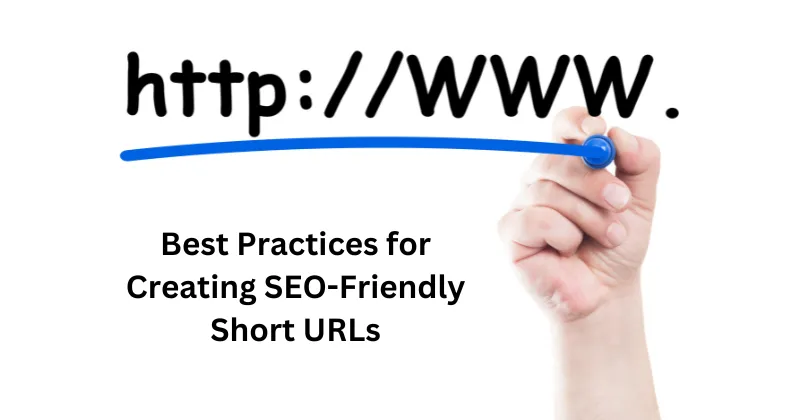When I first started managing digital marketing campaigns, I quickly discovered how unwieldy long URLs could sabotage an otherwise perfect strategy. Nothing ruins a clean social media post or professional email quite like a lengthy URL that wraps across multiple lines or breaks in transit. That’s why I’ve spent years perfecting the art of creating effective short URLs, and I’m excited to share these battle-tested practices with you.
The Magic of Short URLs
Let me show you a real example that changed how one of my clients approached their marketing:
Original URL:
https://example.com/blog/2024/03/15/comprehensive-guide-to-digital-marketing-strategies-for-small-businesses
Transformed into:
short.link/guide
The difference is striking, isn’t it? This simple transformation completely changed their marketing effectiveness. Their email click-through rates doubled, and their social media engagement soared. I’ve seen this pattern repeat itself countless times across different industries and campaigns.
Why Short URLs Matter More Than Ever ?
In today’s mobile-first world, every character counts. Have you ever tried typing a long URL on your phone? It’s frustrating and error-prone. Short URLs solve this problem elegantly while offering several key benefits:
- They look more professional in all marketing materials
- They’re easier to remember and share verbally
- They provide valuable tracking capabilities
- They enhance your brand’s credibility
Creating URLs That Work
Through years of testing, I’ve found that the most effective short URLs follow a simple pattern. They’re descriptive without being lengthy. For instance, instead of using random characters like “x7y8z9,” use meaningful terms like “spring-sale” or “product-launch.” Your audience will thank you for it.
The Professional Edge
Here’s what separates good short URLs from great ones:
First, they maintain brand consistency. Every shortened URL should feel like a natural extension of your brand. Second, they use relevant keywords thoughtfully – not stuffed artificially. Finally, they’re easy to type and remember.
I’ve watched countless marketing campaigns succeed or fail based on these simple principles. The best part? They’re easy to implement once you know what you’re doing.
Real-World Applications
Short URLs shine brightest in practical applications. I’ve seen them transform:
- Print materials – making billboard URLs actually readable
- Business cards – keeping contact information clean and professional
- Social media posts – allowing more room for meaningful content
- Email campaigns – improving click-through rates significantly
Tracking Success
One of my favorite aspects of short URLs is their tracking capability. You’ll see exactly how your audience interacts with your links, including:
- When they click
- Where they’re located
- Which devices they use
- How they found your link
This insight proves invaluable for optimizing your marketing strategy. I still remember how surprised one client was when we discovered 70% of their audience accessed their links via mobile devices – information that completely reshaped their approach.
Implementation Made Simple
Starting with short URLs doesn’t have to be complicated. Begin with your most frequently shared links and expand from there. The key is consistency – establish your naming conventions early and stick to them.
Security Matters
In my experience, the best short URLs prioritize both accessibility and security. Regular monitoring ensures your links remain trustworthy and effective. Think of it as building a reputation – every short URL you create reflects on your brand.
Taking Action
I encourage you to start implementing these practices today. Begin with one important link and watch how it transforms your marketing efforts. Pay attention to how your audience responds and adjust accordingly.
The Future of Short URLs
As digital marketing continues to evolve, the importance of efficient, professional short URLs only grows. They’re not just a convenience – they’re a crucial tool for modern marketing success.
Remember: The goal isn’t just to make links shorter; it’s to make them work harder for your brand. Every shortened URL should serve your marketing objectives while making life easier for your audience.
Your Next Steps
Take a moment to review your current links. Which ones could benefit from shortening? Start with those, applying the principles we’ve discussed. You’ll be amazed at how this simple change can transform your marketing effectiveness.
The digital landscape keeps evolving, but one thing remains constant: the power of well-crafted short URLs to enhance your marketing efforts and strengthen your brand.

